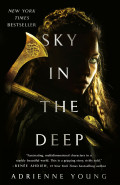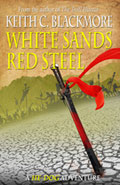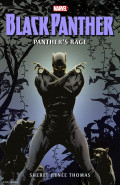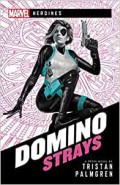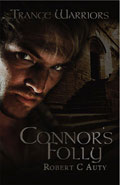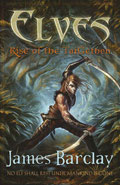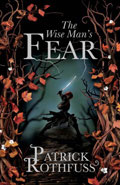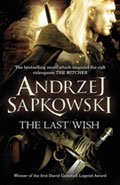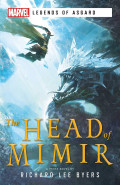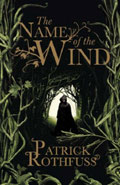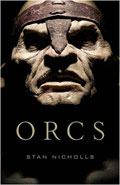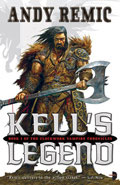The Coming of Galactus
By James Lovegrove
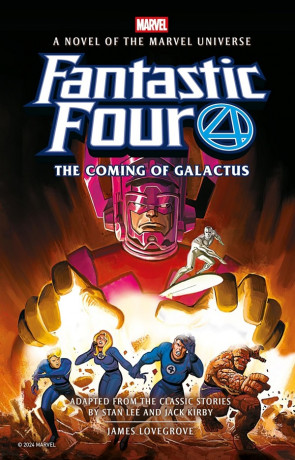
- The Coming of Galactus
-
Author: James Lovegrove
- Series: Marvel Fantastic Four
-
Publisher: Titan Books
- ISBN: 9781803369044
- Published: July 2025
- Pages: 336
- Format reviewed: Paperback
- Review date: 11/07/2025
- Language: English
The Marvel Universe is jammed packed with famous storylines, but one of the biggest has always been the time that The Fantastic Four took on Galactus. It resonates because it has lasted since the 1960s and appears to be having a reimagining in the latest film. The Coming of Galactus by James Lovegrove is the prose adaptation of this classic comic book run. Can the author balance adapting a classic tale to a modern audience?
The Universe has died and been reborn before. The only survivor slept in a lifegiving machine until they woke up ravenous. Their very existence uses energy and with an eternal hunger they eat worlds to survive, this being is Galactus. It is nothing personal when Galactus sends out his herald, The Silver Surfer, to find a new world to devour, and that world is Earth. There is nothing special about this wet planet, or is there? Heroes like The Fantastic Four may have something to say.
As a long-time comic fan, even I am not old enough to remember the original Galactus comic book run. However, even some non-comic book fans may know this tale, and the majority of Marvel fans certainly will. It is a classic story, but is it one that will work for a modern audience? The latest film is set in an alternative 60s world and Lovegrove does something similar with this adaptation, but brings the feel and style of the original a little more into the present.
Galactus is a faithful adaptation, but having more time to describe the inner workings of characters gives Lovegrove some license, but it also highlights how old-fashioned the older Fantastic Four can feel. There is a lot of angst in this book, not just from Johnny Storm and the loss of his latest teen crush. There are large sections given over to The Silver Surfer and Galactus’ backstories. This gives the book an exposition feel at times as we deep dive into the motivation of the ‘bad guys’.
The pace and feel of a story from the 60s is just different, and Lovegrove goes with it. There are action sequences that see The Thing trying to clobber Galactus and a fun action set piece that follows The Human Torch flying through a dangerous alien craft, but these are not the norm. What has always made The Fantastic Four interesting is not all the action, but the character development. Here we have some development for the Four, but even more so for the enemy.
Having a decent knowledge of the wider Marvel Universe helps when reading this book. People know Spider-Man, Thor and many of the other characters mentioned, but they may struggle with the likes of The Inhumans and The Watcher. Knowing who all these characters are and where they sit in the timeline helps. Mostly why they are not helping! This is a time in the comic run when many of the heroes were off somewhere else or trapped.
With so much weight and history to the story it can be difficult as a reader to cut through the noise and enjoy the story. The tale is a little slower and the conclusion gentler than you may expect, but this reflects the 1960s approach to the story. Lovegrove has stayed true to the original, inclusive of slightly old-fashioned dialogue and attitudes. There is something naive about this Fantastic Four, but there is nothing wrong with being good and pure, perhaps we need a little more of that today. Galactus is a well written prose take on a classic run that tells the story as it is meant to be told.
Written on 11th July 2025 by Sam Tyler .
